Book Review: Research Handbook on IP and Moral Rights
The IPKat
FEBRUARY 12, 2024
This is a book review of the Research Handbook on Intellectual Property and Moral Rights , curated by Ysolde Gendreau (Université de Montréal, Canada), provided by Francesca Mazzi , Lecturer in AI, Innovation and Law at Brunel University London. Such gestures couldn't be overlooked in a book on moral rights.


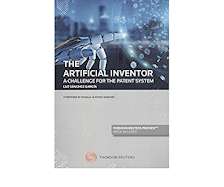


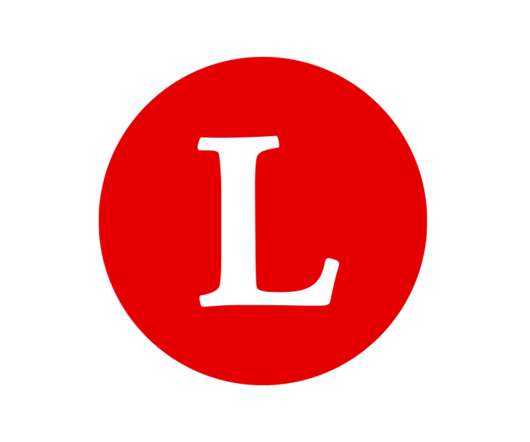
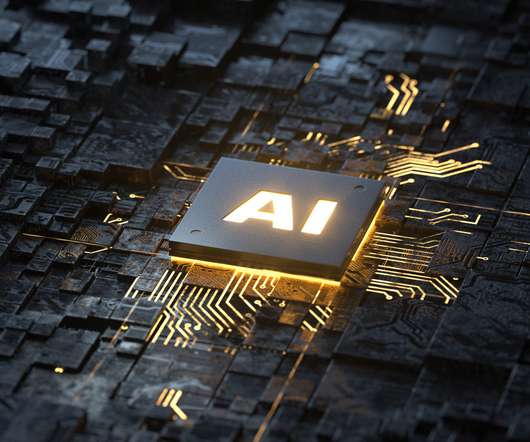
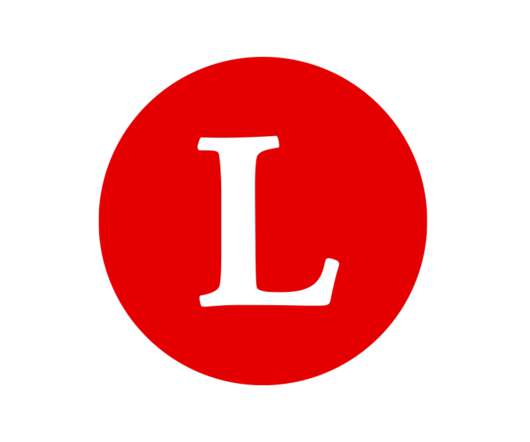
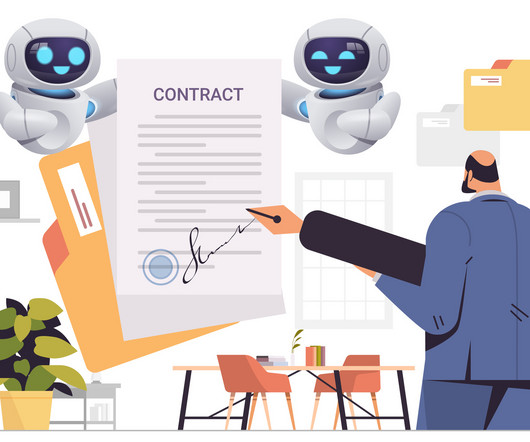
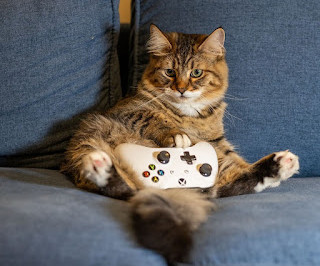
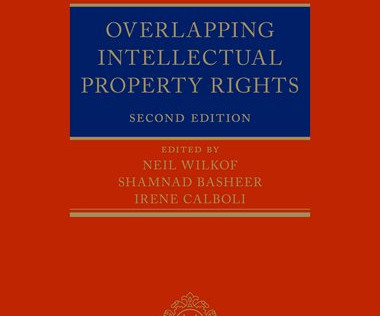








Let's personalize your content